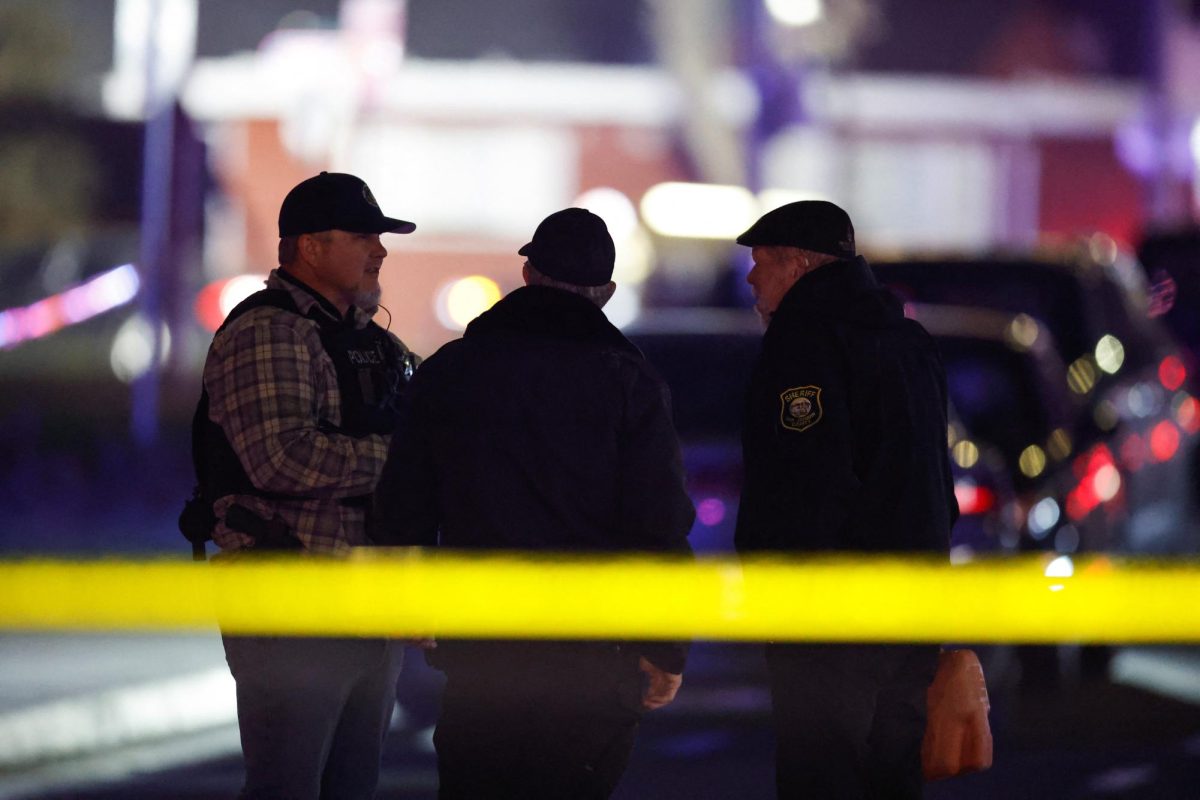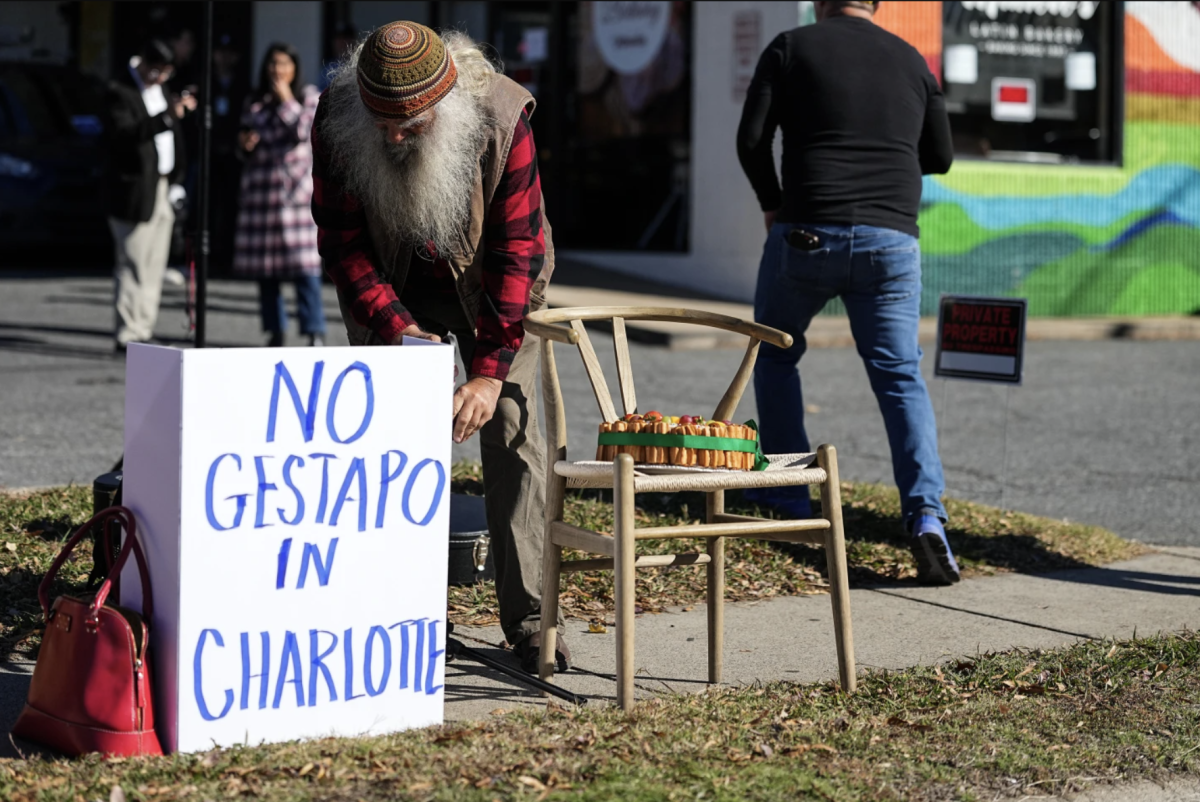Fort Worth’s split with other large Texas cities on the issue of sanctuary cities was on display Wednesday, during a working session at the White House. Fort Worth Mayor Betsy Price attended the meeting in D.C. despite several other mayors refusing to show as a protest against the administration’s stance on sanctuary cities. President Donald Trump has called sanctuary cities “lawless” and has instructed Attorney General Jeff Sessions to “bring law and order to America’s communities.” While there is no one size fits all definition for a sanctuary city, the general acceptance is that a sanctuary city or jurisdiction is an area where local authorities limit their cooperation with federal immigration policies and authorities. While different cities take these different ways, some common examples of sanctuary city policies include; Los Angeles officers not stopping people solely to confirm their immigration status, San Fransico established a city fund to provide legal aid to immigrants and several cities refused to help investigate the citizen status of residents unless ordered by law. As for Fort Worth’s view on sanctuary cities; the city declined to join San Antonio, Austin and Dallas in suing Texas to object to the state’s immigration laws that went into effect Sept. 1 last year. The law, known as Senate Bill No. 4, cracks down on sanctuary cities and threatens to take away state-granted funds if the city “adopts, enforces or endorses a policy under which the entity prohibits or discourages the enforcement of immigration laws.”
It was my great honor to welcome Mayor’s from across America to the WH. My Administration will always support local government – and listen to the leaders who know their communities best. Together, we will usher in a bold new era of Peace and Prosperity! https://t.co/dmYECTnk0a pic.twitter.com/RSv7V7r0DT
— Donald J. Trump (@realDonaldTrump) January 24, 2018
Fort Worth’s position as the largest city in Texas not to join in the lawsuit earned Price a shoutout during Trump’s remarks to the press following the meeting where the president called the mayor a “fantastic friend.” “Thank you, Betsy,” Trump said. “Thank you for being here, very much.” Price said in a statement she was “proud” that the President had recognized Fort Worth in his remarks. “Fort Worth deserves a seat at the table,” Price said. “Especially as we discuss opportunities around infrastructure investment, jobs and a final resolution and pathway to citizenship for our DACA residents.”
You’ll always be little brother to me! Great to be with @PlanoMayorHarry and so many others for @usmayors in D.C. where we’re talking about the issues facing all major U.S. cities. pic.twitter.com/4N9PAep5fD
— Betsy Price (@MayorBetsyPrice) January 25, 2018
Mayors from other Texas cities such as Austin and San Antonio were not in attendance. Mitch Landrieu, president of the United States Conference of Mayors, was among the mayors who did not attend the meeting. “When the President is prepared to engage in an honest conversation about the future of our shared constituencies, we will be honored to join him,” Landrieu said. “Until that time, mayors of both parties will work together to keep our cities safe, hold this administration accountable to its promises, and protect immigrant communities – with or without Washington’s help.” Trump took a swing back at those mayors who didn’t attend the meeting. “My administration is committed to protecting innocent Americans,” Trump said. “The mayors who choose to boycott this event have put the needs of criminal illegal immigrants over law-abiding Americans.”
‘Americans overwhelmingly oppose sanctuary cities’ https://t.co/s5QvsJWA6u
— Donald J. Trump (@realDonaldTrump) February 21, 2017
Deputy Press Secretary Lindsay Walters also released a statement on the mayors who refused to attend the meeting. “We are disappointed that a number of mayors have chosen to make a political stunt instead of participating in an important discussion with the President and his administration,” Walters said. “President Trump is committed to tackling the challenges facing this country and looks forward to visiting with a large bi-partisan group of mayors that represent both rural and urban municipalities.” As SB-4 is under review for appeal, the law remains in place for Texas residents.



